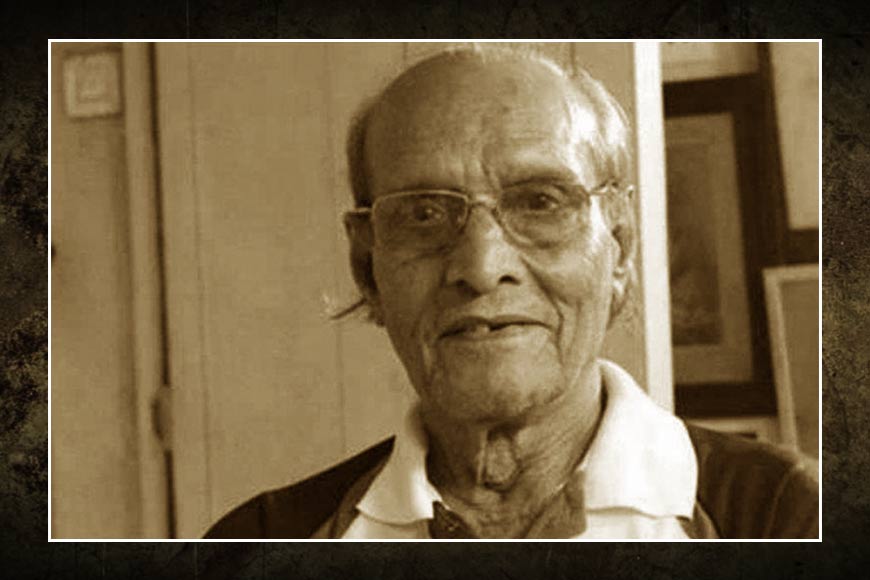Tribute to ‘Badru’ of Maidan

It was 1956 Melbourne Olympics and the Indian football team for the first time and probably for the last time got the fourth place finish, just a whiff short of a medal that could have created history and the man who captained India to this marvelous performance was Samar Banerjee, lovingly called ‘Badru’ by his Maidan buddies. On Saturday, when this legendary footballer at the age of 92 left this mortal world, many reminisced the glorious days of Indian football under his able guidance. An extremely amiable person on and off the field, Samar Banerjee was respected by all generations of footballers and supporters. Born on January 30, 1930, Badru started his career with Milan Samity before joining Bally Protiva, a club in his native town of Howrah.
Badru’s skill as a forward came to be widely appreciated. In 1952, the erstwhile Mohun Bagan Club, one of the best in the country, picked him up as a talented player. This was after Banerjee had played for the famous Bengal-Nagpur Railway Football Club briefly. Despite being a hit in sports, Samar Banerjee had always been a brilliant student and was enrolled as a student of medicine in RG Kar Medical College. But his love for soccer made him give up his studies and embrace the game that would take him to dizzy heights.
While in Mohun Bagan, he caught the eyes of the whole of India and soon was inducted in the national football team. The formation of Banerjee's deadly combination up front with Kesto Pal achieved endless success in the century old club. Banerjee won the IFA Shield in his debut season with the ‘green-and-maroon brigade’ in controversial final against Rajasthan Club of Calcutta. He then guided the club to their first ever Durand Cup next season. Banerjee again hogged the Maidan limelight in 1954 when they secured another first, a double with the CFL and IFA Shield titles. In 1958, Banerjee was chosen as team captain. Besides guiding Mohun Bagan to several trophies including their first ever Durand Cup in 1953, Rovers Cup in 1955, Banerjee had represented West Bengal and won Santosh Trophy twice in 1953 and 1955.
His academic and leadership qualities fetched him the captaincy of the Indian team that reached the semifinals at the Melbourne Olympics. India lost the semi-final to Yugoslavia and the third-place match to Bulgaria. That remains the best-ever performance by India at the Olympics or any other world event till date. Later, he rose to become a stalwart for his club but retired at the age of 30. But his soccer love could not keep him off fields, so he took up coaching and went on to manage the Bengal football team, which won the National championship for the Santosh Trophy in 1961.
After his coaching stint he went on to become a Bengal selector and remained associated with the Indian Football Association for a considerable period. The West Bengal Government honoured Badru Banerjee with the Lifetime Achievement Award in sports in 2017. He also received the Mohun Bagan Ratna in 2009.







.jpg)


